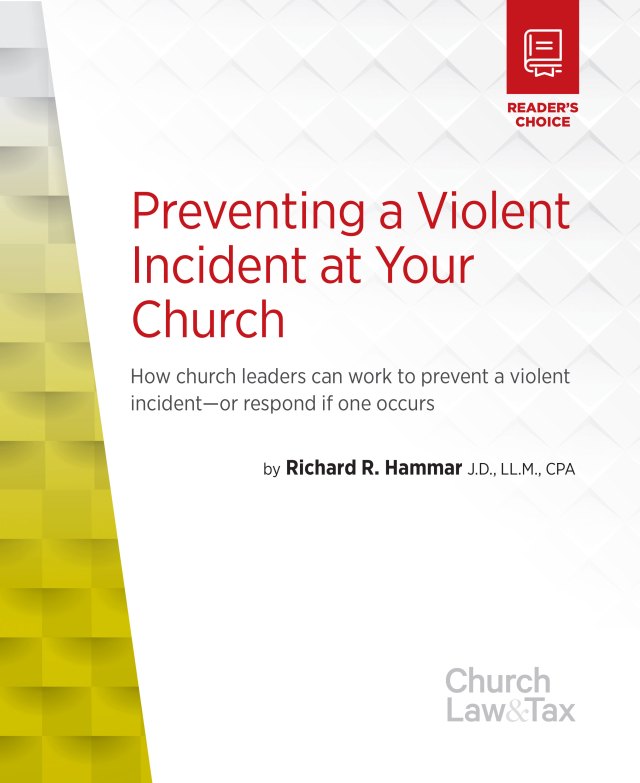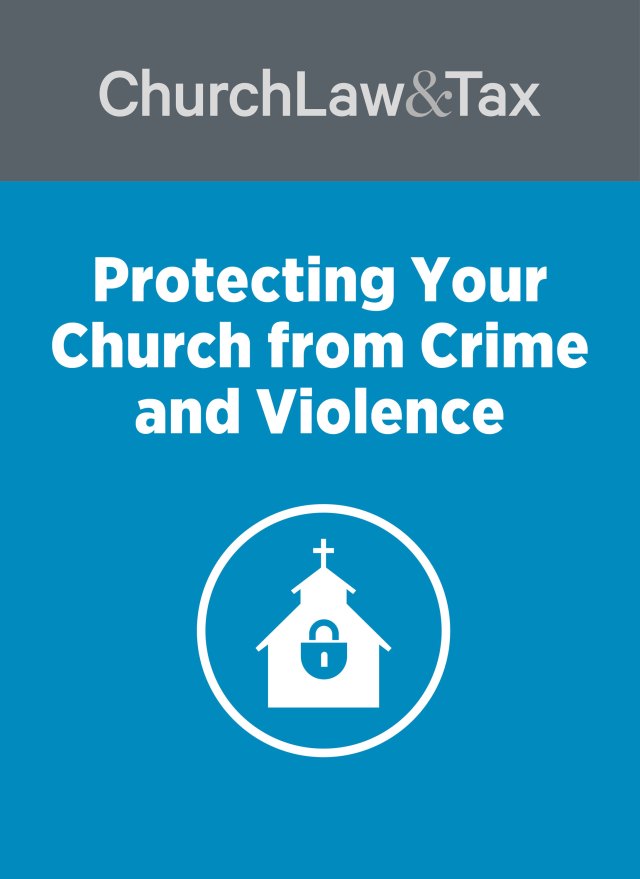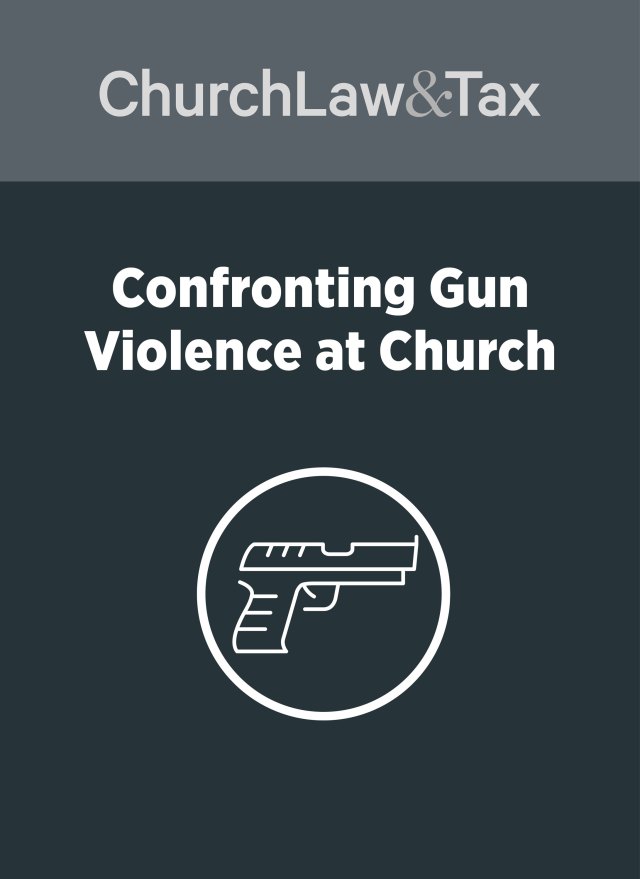Dr. Jamie Aten, Psychology Professor at Wheaton College and co-founder of the Humanitarian Disaster Institute, gives churches a few tips on how to best prepare for, and prevent, a church shooting.
1. Train your greeters.
First of all, one of the things you might want to think about is disclosing at different levels. Primary staff should know every detail of your shooter response plan. With laypeople, greeters are especially important.
As a matter of fact, greeters should be some of the very first people you train. During our disaster leadership workshop, we had a police chief come in and do training on active shooters. He said the first deterrent to preventing an active shooter is to train your greeters to be on the lookout for anyone that might seem suspicious.
That doesn’t mean they’re trained to tackle somebody they think is suspicious. But the police chief said that many times just asking, “Can I help you? Can I get you help? Is there something I can do for you?” can offset what could snowball into a more dangerous situation.
The way you would equip your greeters will probably be very different from how you would equip your congregation, which is also different from how you would train your staff. It’s about having key people in the know, and the rest of your congregation informed enough to follow direction.
2. Test your plan.
Churches need to make sure they recognize that “Having a plan” doesn’t necessarily mean that you’re prepared. Until you actually practice the plan–until you partner with others to test it–your plan is just a piece of paper.
I was consulting recently with a church who wanted to develop an active shooter plan. I read through their plan, and I encouraged them to choose a day and practice that plan. Run it out. And so they did–they followed their plan precisely, which was to get into a location that was isolated; a room that had no windows.
They followed their plan exactly like what they were supposed to do, but then the pastor who was coming around as the faux gunman came and jiggled on the door, and it opened. They’d picked a room that met all the criteria of a safe room, but nobody realized that that room had no locks on the doors.
A plan, until you put it into practice, is just a piece of paper.
Practicing the plan allowed them time to realize that there was obviously a huge hole in what they’d written out. They needed to make new choices and test out that new plan, and then make the safest room known to the congregation. If they thought, This room is the safest, without realizing it had no locks, in the case of a real emergency, others might think the same thing. Your attendees need to know where to hide, and where not to hide.
3. Use the resources at hand.
Contact your local police chief, fire department, or even the emergency management, for advice. Many of those groups will actually come to your church and help you walk through developing a plan.
4. Make the plan known.
Clearly communicate your plan to others, and make sure that they’re paying attention. I was having lunch last week with a friend who worked at a church, and he introduced me to his pastor, who happened to be sitting by us at the restaurant. We started talking, and he said to me, “I’ve been wanting to contact you because I’ve been at this church now for five years, and we just had our annual staff meeting and somebody talked about our church’s shooter response plan.”
And my other friend said, “Wait a minute. This is the first time I’ve ever heard about this church plan.”
“Oh no,” replied the pastor. “We cover it every year in our staff meeting.”
What they realized was about half of the members had no recollection that this ever even gets talked about in a church. If your core staff doesn’t even know about a plan, it’s likely the rest of your congregation doesn’t know how to respond either. Make plans, and then make sure they’re available to others. Doing so just might save lives.
Dr. Jamie D. Aten is Founder and Co-Director of the Humanitarian Disaster Institute at Wheaton College in Wheaton, Illinois. The Humanitarian Disaster Institute is the first faith-based academic disaster research center in the country. Dr. Aten’s research on the psychology of religion and disasters was recently recognized with an award from the American Psychological Association.




